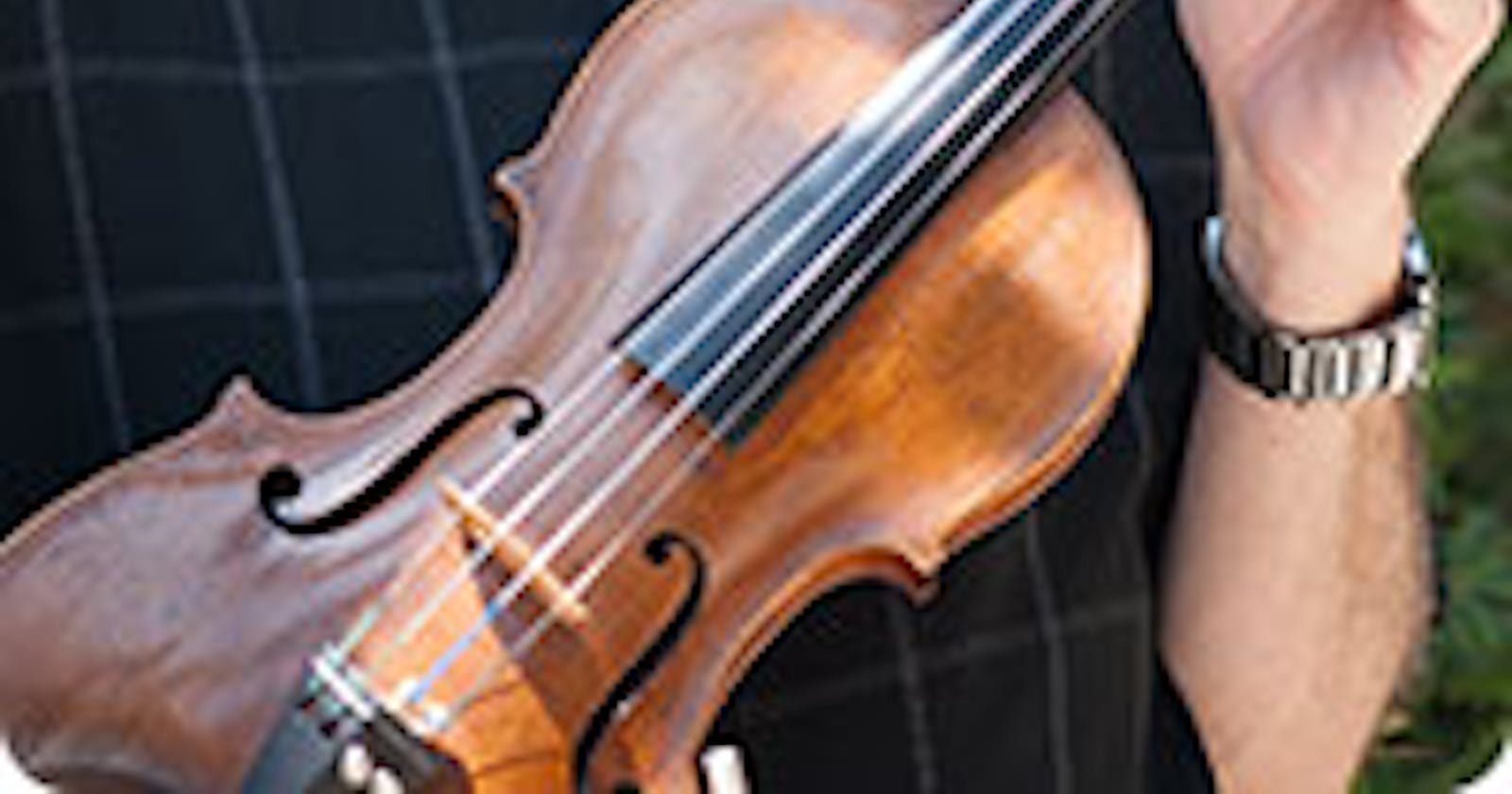Are you a beginner violinist struggling to make progress in your musical journey? Learning the violin can be a rewarding experience, but it also comes with its fair share of challenges. Let’s explore some of the most common hurdles faced by beginner violin students and provide practical tips for overcoming them.
Mastering Proper Technique
One of the biggest challenges for beginner violinists is mastering proper technique. From holding the violin and bow correctly to producing a clean and resonant sound, there are many technical aspects to learn and refine. Without proper guidance, beginners may develop bad habits that hinder their progress. To overcome this hurdle, it's essential to take violin lessons for beginners from a qualified teacher who can provide personalized feedback and guidance.
Building Finger Dexterity and Strength
Another common challenge for beginner violinists is building finger dexterity and strength. Playing the violin requires precise control and coordination of the fingers, which can be difficult for beginners, especially those with smaller hands. Regular practice exercises focused on finger strength and agility can help overcome this hurdle. Additionally, using aids such as finger tapes or markers on the fingerboard can provide visual cues to aid in finger placement.
Developing Ear Training Skills
Many beginner violinists struggle with ear training skills, such as pitch accuracy and intonation. The ability to play in tune is essential for producing a pleasant sound and playing in ensemble settings. To improve ear training skills, beginners can practice playing along with a tuner or using apps that provide real-time feedback on pitch accuracy. Listening to recordings of professional violinists and playing along can also help develop a better ear for intonation.
Managing Performance Anxiety
Performance anxiety is a common hurdle faced by musicians of all levels, including beginner violinists. The pressure to perform well can cause nervousness and self-doubt, which can negatively impact performance. To overcome performance anxiety, it's important for beginners to practice performance in a variety of settings, such as recitals, concerts, or even just playing for friends and family. Gradually exposing oneself to performance situations can help build confidence and reduce anxiety over time.
Finding Time to Practice
Finally, finding time to practice is a challenge that many beginner violinists face. Balancing practice time with other commitments such as school, work, or family responsibilities can be difficult. However, consistent and focused practice is essential for progress on the violin. Beginners can overcome this hurdle by creating a practice schedule and setting aside dedicated time each day for practice. Breaking practice sessions into shorter, more manageable chunks can also help make practicing more achievable.
Wrapping Up
While learning the violin may pose its challenges, overcoming them is entirely possible with dedication, patience, perseverance, and violin lessons for beginners. By addressing common hurdles such as mastering proper technique, building finger strength, developing ear training skills, managing performance anxiety, and finding time to practice, beginner violin students can progress steadily on their musical journey.
So, if you're a beginner violinist facing these challenges, remember that you're not alone, and with determination and the right approach, you can overcome them and continue to grow as a musician.

